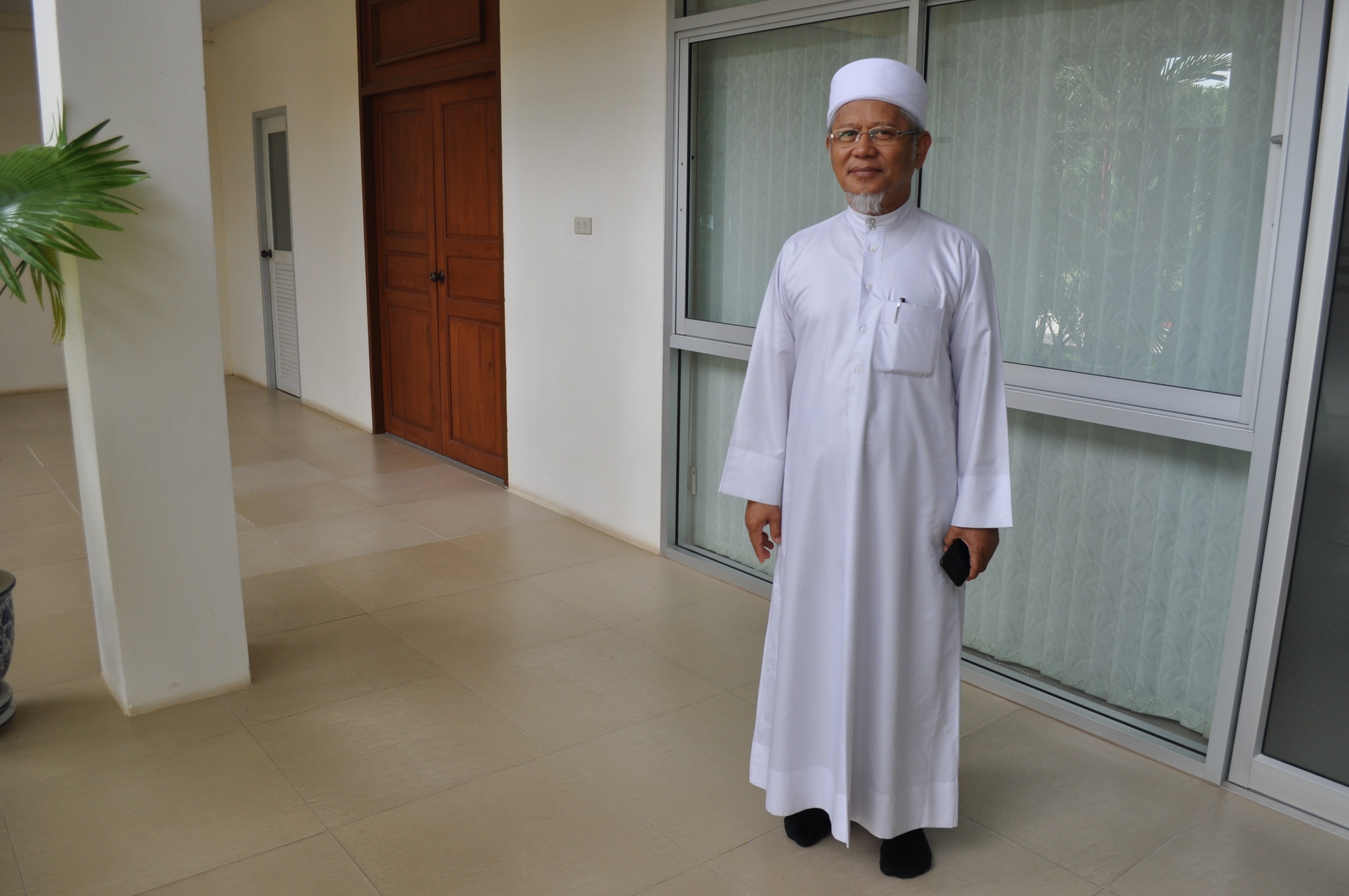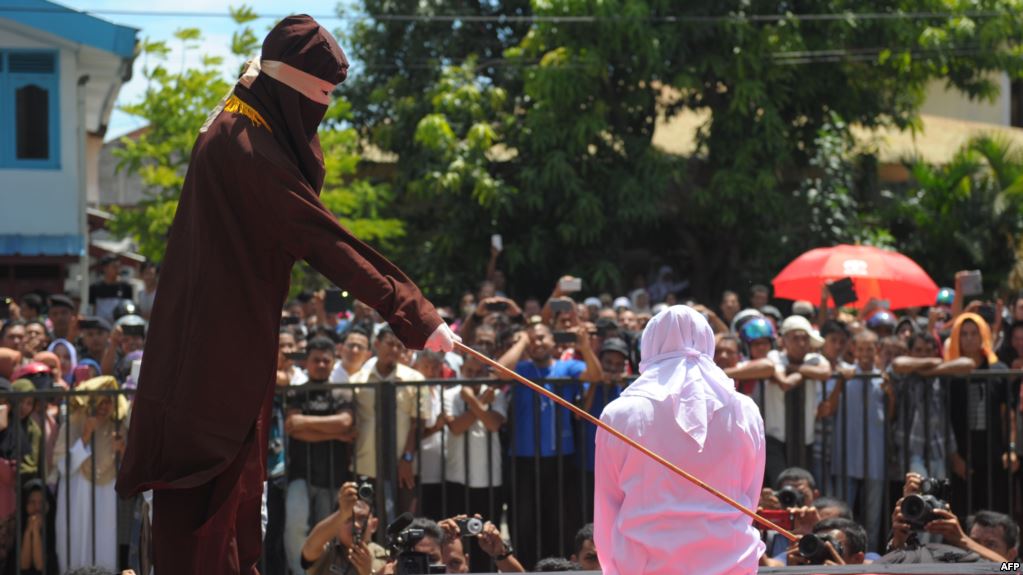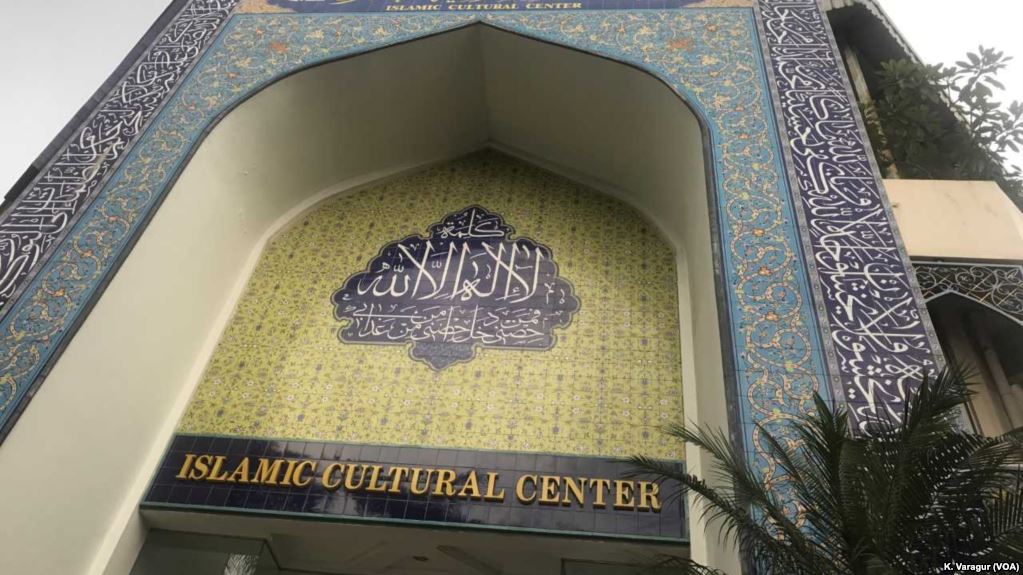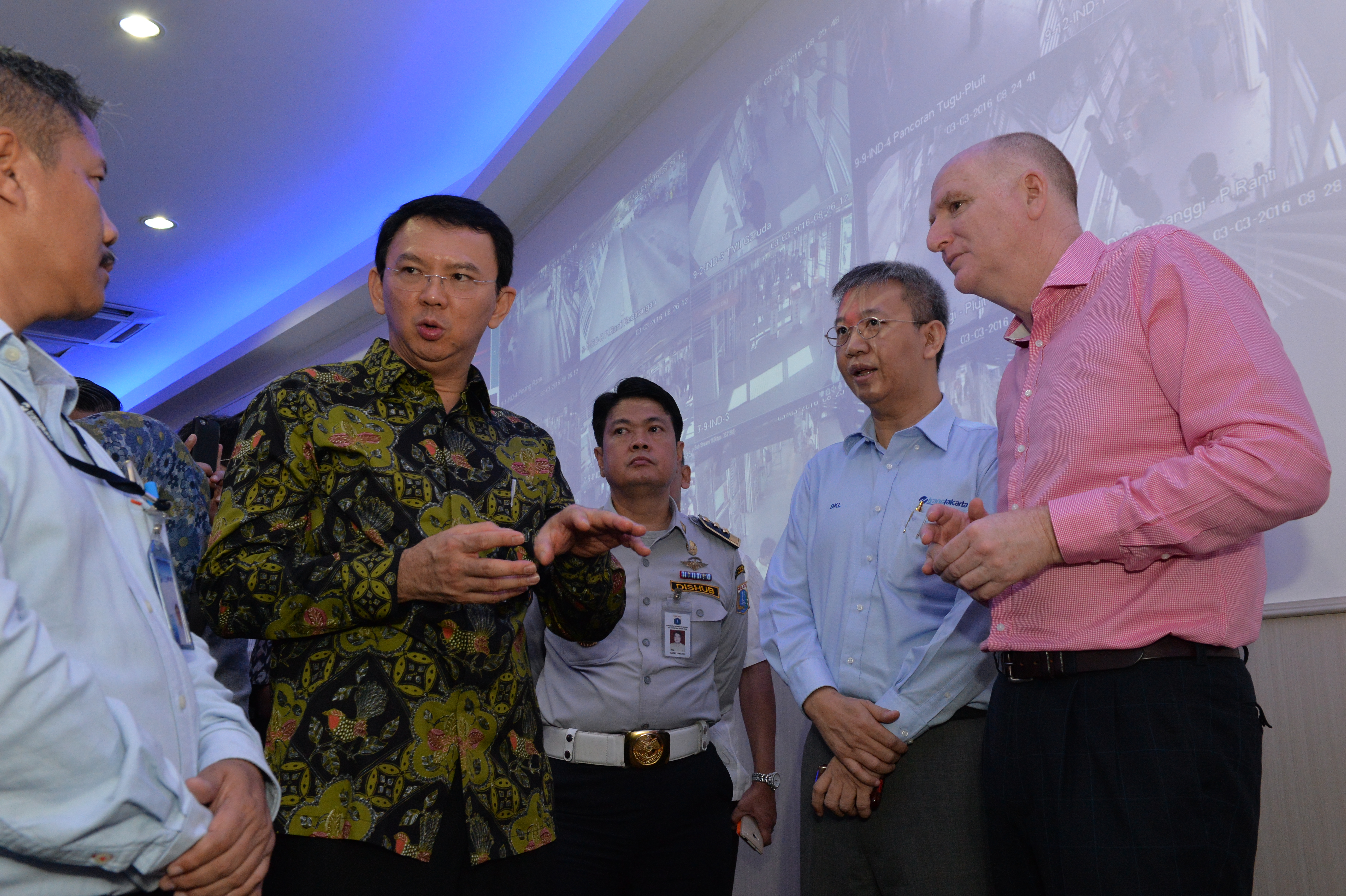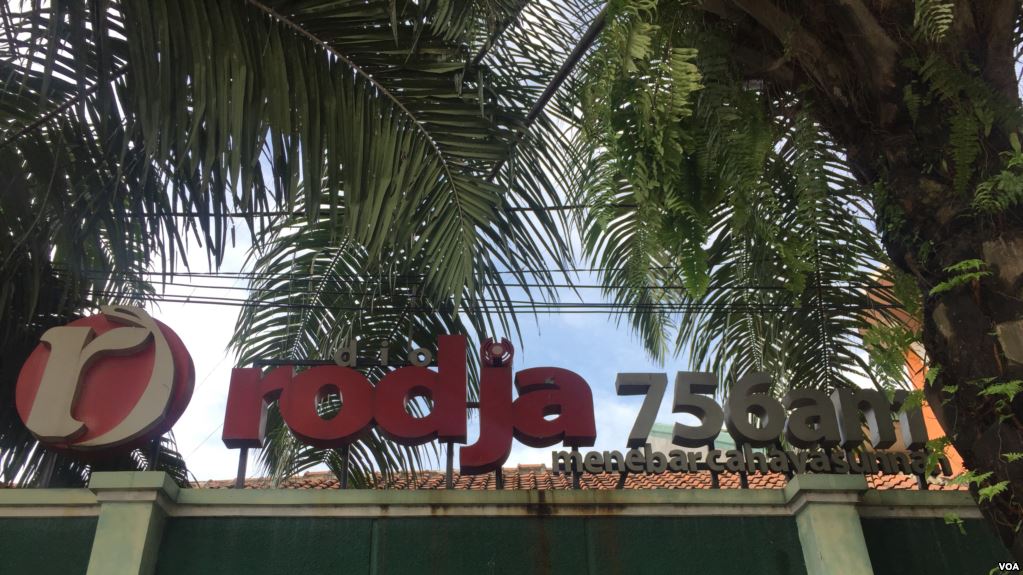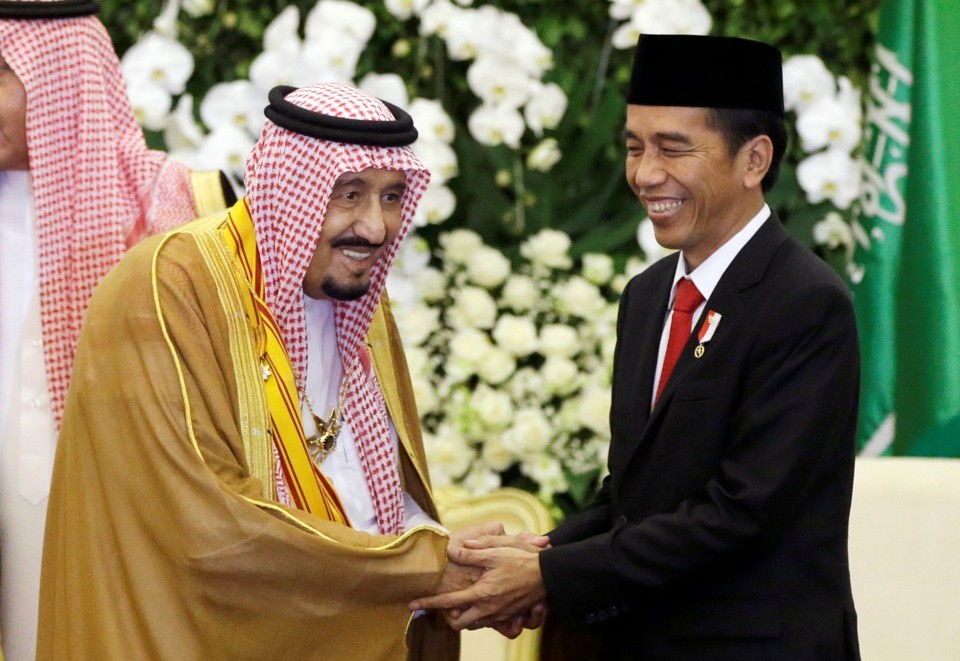
Indonesia is held up as an exemplar — sometimes the exemplar — of a liberal, pluralistic democracy in a Muslim-majority country. But since 1980, Saudi Arabia has been systematically working to spread its brand of puritanical, fundamentalist Islam, known as Salafism, in Indonesia, to an extent that threatens to derail the country's fragile liberal consensus.
Many of the alarming developments in post-Reformation (post-1998) Indonesia seem to have come from nowhere: domestic terrorism; men, women, and families committing to foreign jihad; attacks on churches and minority faiths; plunging interest in secular government. But in many ways, these developments can be traced to somewhere: Saudi Arabia. The desert kingdom deploys a sophisticated, multi-pronged strategy that includes building free universities, disbursing scholarships for Indonesians to study in Saudi Arabia, sending fundamentalist teachers to boarding schools, and building over 150 Salafi mosques. It has not one but three diplomatic outposts in Jakarta: not just an ambassador, but also a "religious attaché."
One thing that Saudi Arabia didn't bank on when it started its Indonesian campaign, 37 years ago, is how ideas tend to take root and evolve in a new environment. Thus, while Salafism is "quietist" in its original context — discouraging political action of any kind— Salafi Islam in Indonesia is intertwined with both jihadist cells and reactionary politics, like the officials who have passed 389 shariah-inspired bylaws across the archipelago.
Understanding how Saudi Arabia influences Indonesian culture is key to understanding the kingdom's programmatic influence around the world. Saudi Arabian Salafi Islam is one of the most powerful ideas of the 21st century, and it's important to understand how it is spread, and why it appeals to so many.
-
×
 English
English

